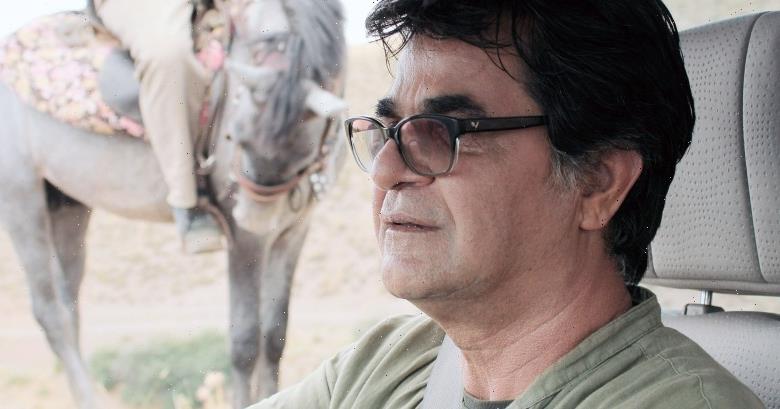A deadly fire broke out on Saturday night at Evin Prison, a facility in Tehran that houses Iranian political prisoners. The blaze killed four inmates and injured more. Security guards reportedly used brutal tactics including tear gas and sound bombs to corral prisoners during the chaos.
Two of the facility’s most high profile inmates are filmmakers Jafar Panahi and Mohammad Rasoulof, who have been imprisoned for their criticisms of the Iranian government. Rasoulof was arrested in July following a series of provocative social media posts. That led Panahi to visit a prison to inquire about his fellow filmmaker’s sentence, only to find himself arrested and sentenced to six years in prison for doing so.
In a new interview with Radio Farda, the Iranian branch of Radio Free Europe, Panahi’s wife, Tahira Saeedi, spoke about what the filmmakers endured during the fire. She revealed that she was able to speak with her husband early on Sunday morning, where he confirmed that tear gas had been used on him and that the fire amounted to “the worst hours of his life.” Despite the trauma they endured, Saeedi described the physical health of both Panahi and Rasoulof as “good.”
Panahi has refused to let imprisonment silence his voice. When his latest film, “No Bears,” screened at the New York Film Festival this month, the filmmaker addressed the crowd via a statement delivered by actress Mina Kavani.
“We are filmmakers,” he said in the statement. “We are part of Iranian cinema. For us, to live is to create. We create works that are not commissioned. Therefore, those in power see us as criminals. Independent cinema reflects its own times. It draws inspiration from society. And cannot be indifferent to it. The history of Iranian cinema witnesses the constant and active presence of independent directors who have struggled to push back censorship and to ensure the survival of this art. While on this path, some were banned from making films, others were forced into exile or reduced to isolation. And yet, the hope of creating again is a reason for existence. No matter where, when, or under what circumstances, an independent filmmaker is either creating or thinking about creation. We are filmmakers, independent ones.”
Source: Read Full Article
